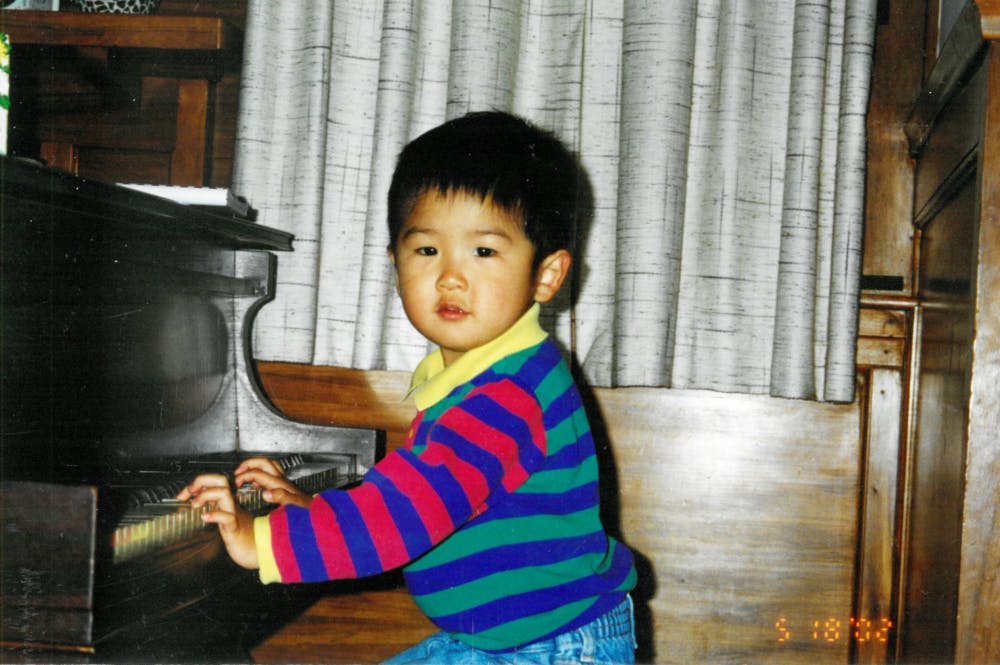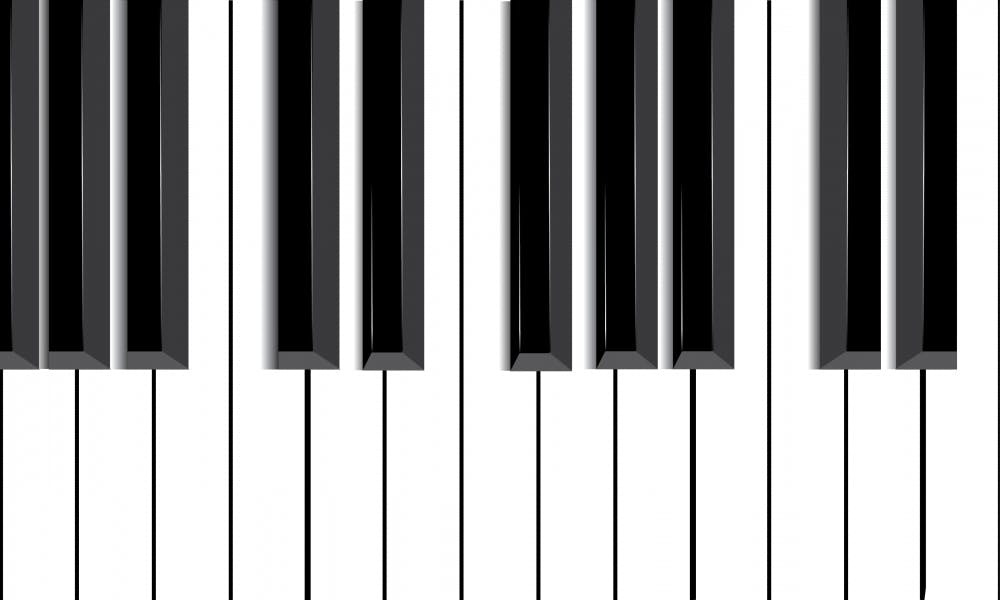
As a kid, I hated taking piano lessons. I wasn’t that motivated, and I would frequently get reprimanded by my teacher for not practicing. In seventh grade, I decided to stop taking lessons altogether. I was burnt out on classical music and had no interest in continuing.
Many students have similar stories. We took music lessons for many years and some even continued to play in high school, but chose to stop after our college applications were submitted. Some of us hated playing our instruments. But I am forever grateful to my parents for making me take piano lessons even when I didn’t want to. It built a foundation for me to pursue music on my own. As musicians who at one point stopped playing altogether, I urge everyone to come back to their instruments and pursue them voluntarily.
Music can be incredibly therapeutic. Playing piano has been an outlet for me to unwind when I am stressed out. I’m able to take my fears and anxiety to the keys. It has been helpful in college because it’s a comfort that I can rely on. Penn’s overly competitive culture doesn’t need to carry over to piano playing. In fact, music doesn’t have to be competitive at all. When we start to think of music as solely a personal experience, then the pressures of being good enough go away. The focus should always be on your relationship with your instrument. We are all at different levels with our instruments, and we shouldn’t compare to each other.
Almost none of my piano lessons focused on creating my own music and finding my own voice. Composing my own music is a creative experience where I try to convey a feeling that I think can only be done through music. Doing this allows me to share my experiences with others, in the hope that they understand what I am saying through the music.
Any bad experiences you might have had from earlier music lessons shouldn’t hold you back from experiencing music in college. Most of the music playing you have experienced up until now can be thought of as preparation to what’s most truly gratifying: the ability to put your own feelings into the music, and to be able to create music for others to experience.
I actually believe that stepping away is a part of the process of learning music. Our parents may have forced us to take lessons, and at some point we said that we had enough. But the key is stepping back into music. Taking a break from music is part of the process because it allows us to recognize our own volition; we actually have the choice whether or not we want to play this instrument. And having that choice and saying yes makes the experience much more gratifying than if we were forced to play all along.

Joining an ensemble for credit is far from the only way to continue studying music at Penn. There are practice spaces in most college houses. I personally like the pianos in Fisher-Bennett Hall. It’s possible to reserve the rooms, but they’re usually open to anyone.
I used to dread my piano lessons. Now, music helps alleviate my anxiety and exercise my creativity when school gets stressful. Playing piano at Penn doesn’t have a price tag. Being forced to take music lessons as a child may have left you feeling burnt out, but I urge you, next time you’re feeling overwhelmed, pick up your instrument, try a few scales, and see how you feel.

JOEL LEE is a College sophomore from Groton, Conn. His email address is joelslee@sas.upenn.edu.
The Daily Pennsylvanian is an independent, student-run newspaper. Please consider making a donation to support the coverage that shapes the University. Your generosity ensures a future of strong journalism at Penn.
Donate



